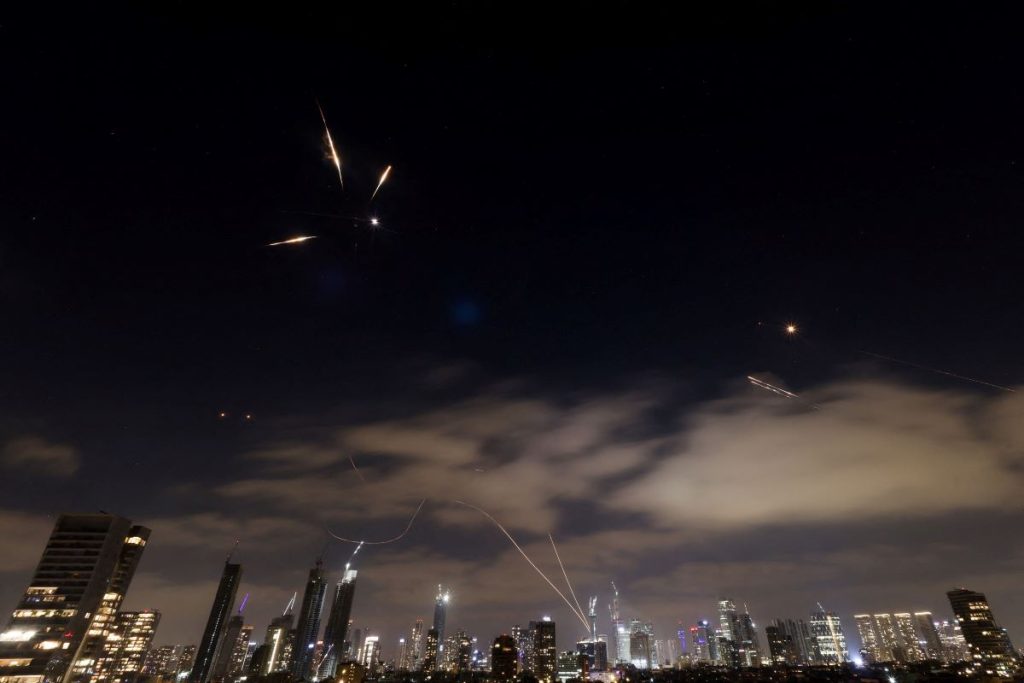The bourgeois author and representative of the glorious Generation of the 30’s in Greek literature, Yorgos Theotokas, in his captivating Notebook Diaries 1939-1953, depicted distinctively that jarring period for Greece.
Present at all the major events, he recorded in an insightful and witty manner all he saw and felt, especially the course towards the post-occupation and the Civil War period.
The book depicts the climate of hatred and tension that prevailed after liberation.
The author expresses surprise: “They hate blindly and want to destroy every line of thinking that does not fit their mold.”
At another point he adds, “One can only wonder with the blindness of people who lightheartedly accept the Civil War.”
At the time, he opined about something that is timely even today. The Civil War was rendered unavoidable because during the occupation, the political Centre was lost, and dialogue along with it.
That is absolutely correct. Indeed, in December, 1944, there was no ground for dialogue, or an intermediary political force to impose it.
In that way, the disaster of the Civil War prevailed and sank Greece into absolute division and delays, in times of unprecedented renewal for a Europe leveled by war.
By way of analogy, the same thing is happening today. In the years of the bailout memorandums and the great recession, the political Centre was missing. The intermediary factor needed to achieve a balance – which promotes dialogue and can check passions and antitheses – was lost.
Between Right and Left, walls were raised – ideological, political and others – and together they burned the bridges of contact and basic communication.
The leaders of parties that were at the political Centre bore their share of responsibility. Most were overtaken by ambitions and personal passions, resulting in the withering of the Centre, and its being claimed now by the dominant players in politics today.
All the efforts at unification and reorganisation recently produced no results, because they were attempted with an eye on political arrangements, with no inspiration or vision.
The void in the Centre is plainly apparent at this juncture, when the most extreme expressions of the two sides are prevailing – on national, economic and social issues.
Greece is once again in danger of sinking into a counter-productive and backward looking cycle of major antitheses, precisely because the forces of the Centre are politically exhausted.
Unfortunately, even now, at such a problematic time for this part of the political spectrum, there is the danger of a new splintering, capable of literally finishing it off.
It would be well that those in positions of responsibility revisit Theotokas’ Notebook Diaries. They will have much to learn.




